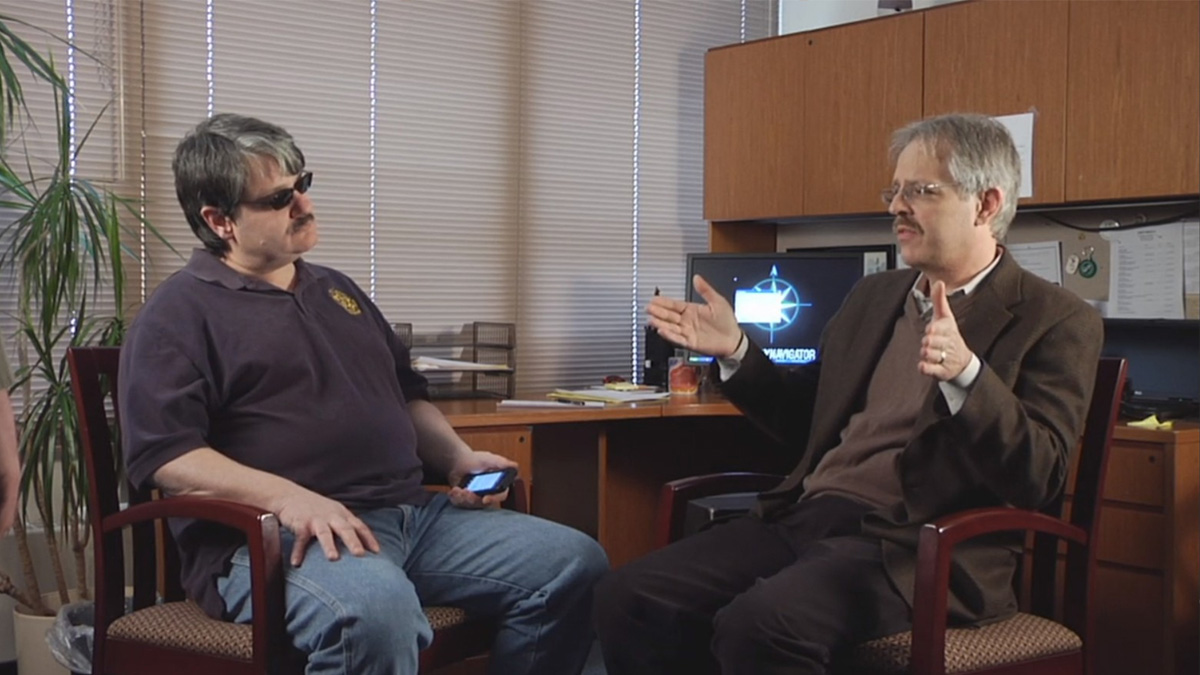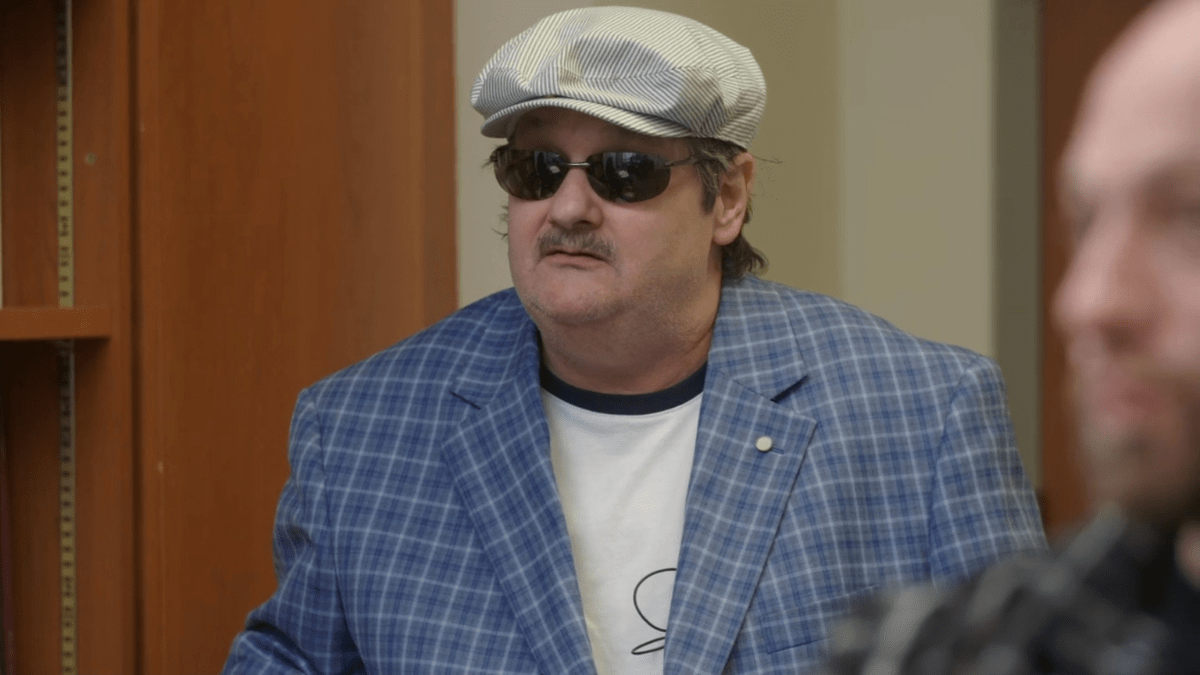“Pat Pespas was born to be a whistleblower.” This sentiment is often repeated throughout the three episodes of Max’s newest investigative documentary series, Telemarketers. Pespas was one of the best callers of Civic Development Group, a greedy telemarketing company out to get as much money as it could from unsuspecting people. Working at only $10 an hour, Pespas was morally opposed to the company defrauding people who thought they were giving money to the families of fallen police officers. With the help of co-worker Sam Lipman-Stern, the two went to work documenting and investigating CDG.
With no connections to the entertainment industry, Pespas and Lipman-Stern were a David vs. Goliath. They worked tirelessly interviewing anyone that would talk to them about the company’s malpractice with little results. Every time CDG was fined or sued, they would pop back up a few months later better than ever. After years of little progress, the two friends gained steam in 2020, desperate more than ever to reveal how bad the industry is. To get any traction, they would have to employ tactics by a well-known documentarian: Michael Moore. Moore is the director of such documentaries as Bowling For Columbine, which provided a blueprint of exactly how Pespas and Lipman-Sterm could get results.

“Police unions are incredibly powerful,” David Vladeck, former head of the Federal Trade Commission says in the third episode of Telemarketers. What started as a corrupt company goes — as they say —straight to the top. In no uncertain terms, Vladeck confirms that it wasn’t just CDG responsible for the fraud, but the unions themselves. Lipman-Stern and Pespas stumbled into what amounts to a police conspiracy. The Fraternal Order of Police actually employed CDG with the full knowledge that they would be crowdfunding for them. And crowdfunding for a nonexistent cause. Though callers would claim they were taking donations for fallen police officers, none of the families saw that money. It went straight to CDG, or to the police unions themselves.
This is the type of subject matter that Michael Moore would want to be involved in. The documentarian often explores topics on the cutting edge of pop culture. Bowling For Columbine delves into the circumstances surrounding mass shootings, including the availability of guns in America. It isn’t just about the event, but the symptoms surrounding it.
Lipman-Stern vocalized his belief in the documentary that because the police unions were involved, it would be even more difficult to take down the system. He and Pespas would have to employ the Moore style of guerilla attacks. Featured in his documentaries, Moore uses the tactic of ambush interviews. Taking people by surprise, this allows him to film events that wouldn’t otherwise be available to the public eye. When going against something as big as a police union, Telemarketers would have to enact a similar style, and they didn’t have as big of a name as Moore. Luckily, their work started getting traction, and other journalists started to take them seriously. Catch their investigative efforts on the documentary, Telemarketers, streaming on Max.

